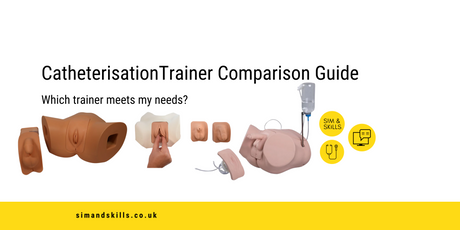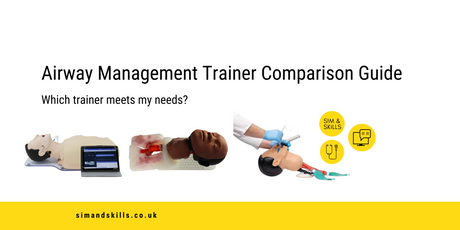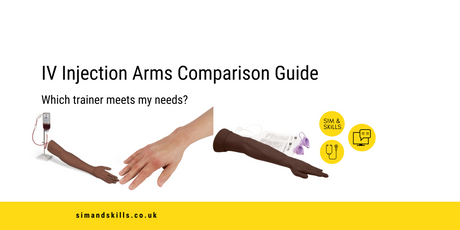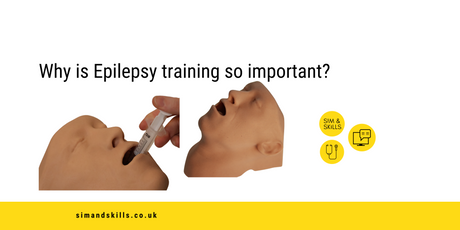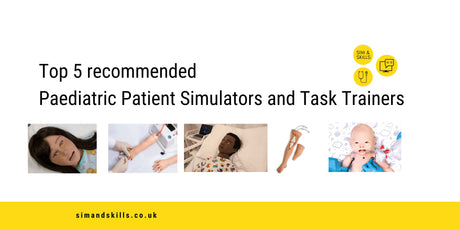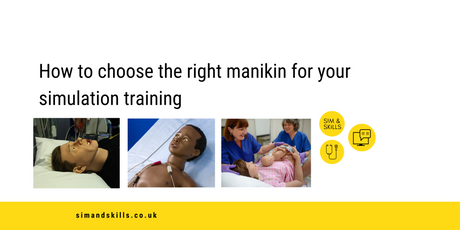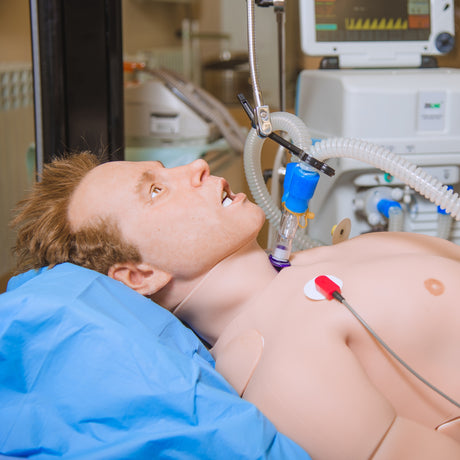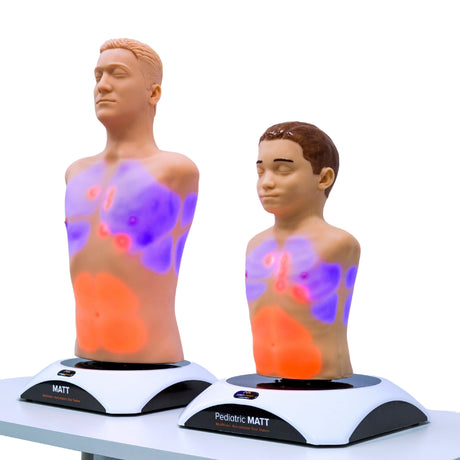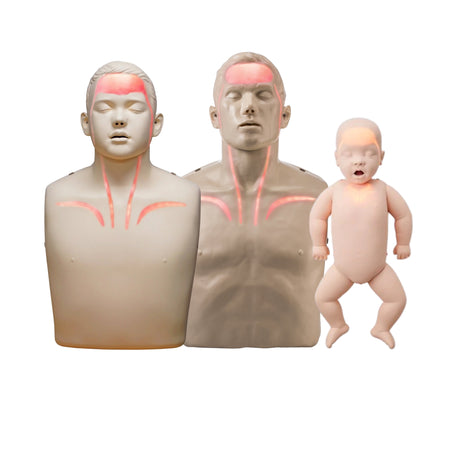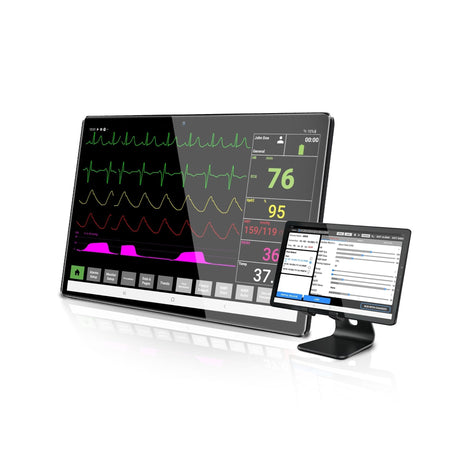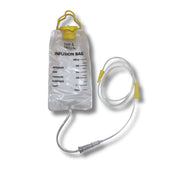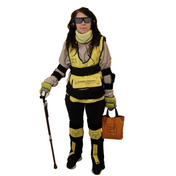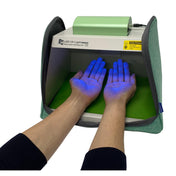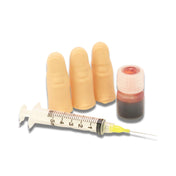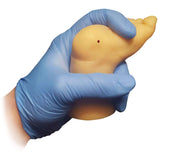What are T-Levels?
T-Levels are vocational-based courses for school-leavers aged 16 to 19.
These two-year courses were first introduced in 2020 with new courses being added each year. From this September there will be more than 20 subjects to choose from.
Developed with employers and businesses, the courses focus on the practical skills and knowledge students need when they enter the workforce.
T-Levels involve a mixture of classroom-based learning and industry placements.
80% Classroom based
20% Work based
How are T-Levels different?
T-Level courses are Level 3 qualifications like the existing BTECs and NVQs. However, they are a more challenging qualification. Students must achieve 5 GCSES from grades 9-4, including English and Maths to study T-Levels.
One T-Level is equivalent to 3 A-Levels.

What is T-Level Health?
The T-Level Health course prepares students to work in different healthcare roles.
This year T-Level Health achieved the highest pass rate of all the T-Level courses with a 96% pass rate.
The first year of the course focuses on developing a good understanding of health and science concepts. Students have a mixture of taught lessons and practical sessions where they learn
How to provide patient-centred care
How to support the health and wellbeing of patients
The importance of infection prevention and control
Understand human anatomy and physiology

What are Occupational Specialisms?
During the second year of T-Level Health, students get to choose an occupational specialism. Each college offers different specialisms, but could include:
- supporting the adult nursing team
- supporting the midwifery team
- supporting the mental health team
- supporting the care of children and young people
- supporting the therapy teams
Does my local college offer T-Level Health?
T-Level Health is about to start its 3rd year of delivery. Each year more colleges and schools choose to teach T-Level Health. Eventually, all BTEC Health courses will stop and colleges will need to move over to teaching T-Level Health.
Click here to find out if your local college teaches T-Level Health.




